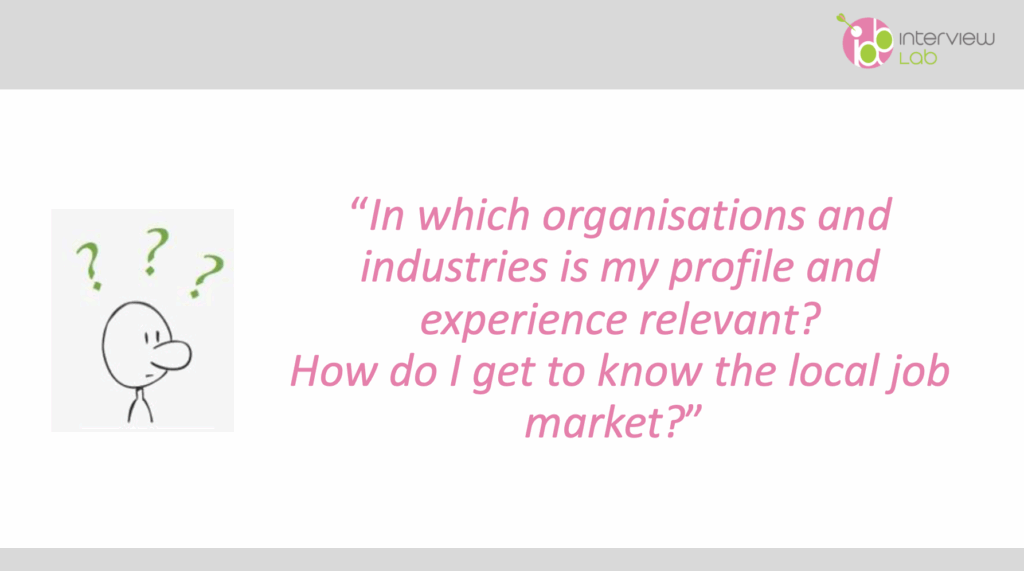
A couple of weeks ago, I conducted a mock interview with a person who has been living in Switzerland for few years and is actively searching for a job. During our conversation, she shared her challenge: she struggled to identify organisations where her profile and experience would be a good fit. The root of the problem? She did not not know the local job market well.
Her professional network was still largely based in her country of origin, leaving her without the local insights needed to identify promising companies or roles. This is a common experience for people who are new to a country or industry. The good news? There are ways to build that knowledge — and the most powerful one is by talking to people.
This is where networking and informational interviews come into play.
Networking: Make Yourself Known
Networking is about building connections and increasing your visibility. It allows others to learn about your skills, background, and aspirations. This can happen online or in person — whichever format suits your comfort level.
You can network on:
- Professional discussion forums
- Networking breakfasts
- Business clubs
- Industry conferences and events
We’ve already dedicated an article to networking, so we won’t dive deeper into it here. Instead, let’s focus on an equally valuable tool: the informational interview.
Informational Interviews: Gain Firsthand Industry Knowledge
An informational interview is a semi-formal conversation with someone working in a field or company of interest. It’s not a job interview. Instead, it’s a chance to gather insider insights that can help you:
- Understand how your skills align with industry needs
- Learn what hiring managers look for on CVs
- Discover how roles and expectations differ across countries or regions
- Identify gaps in your experience that you might need to address
- Make informed decisions about which jobs to apply for
Informational interviews are especially helpful when you’re exploring a new market or considering a career pivot.
Start Small, Then Reach Out
You might be introduced to people through mutual connections, as I did with the person from the mock interview. I connected her with a professional I know who has a similar background and works in sustainability management in Switzerland. But you don’t have to wait for a referral.
You can — and should — also reach out directly to people outside your immediate network. Yes, it might feel uncomfortable at first. But each of these conversations can offer valuable insights that job postings and company websites can’t.
Final Thought
Job searching in a new country or industry doesn’t have to be done in the dark. Talking to people opens up opportunities, builds confidence, and helps you position yourself more effectively in the job market. By combining smart networking with well-targeted informational interviews, you can uncover the insights you need to make your job search both strategic and successful.
